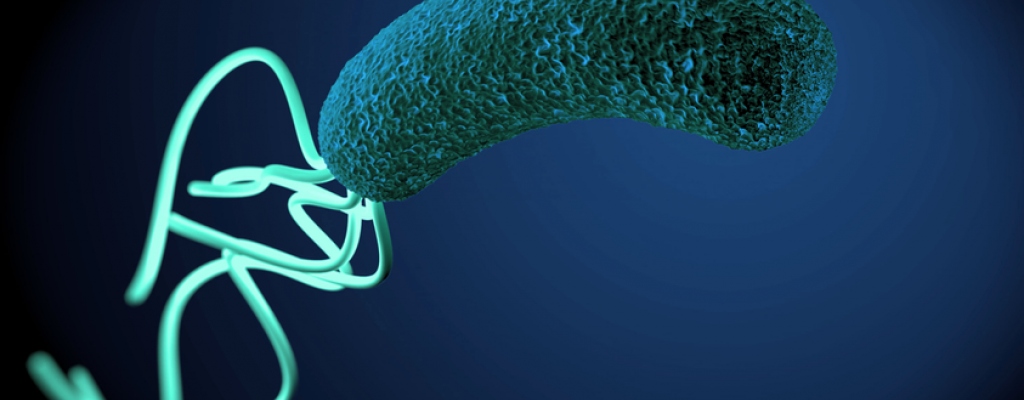Cholera is a serious bacterial infection that primarily causes severe diarrhea and dehydration. The key to treating cholera is to prevent and address dehydration while targeting the bacteria responsible for the illness. Below are the recommended steps for managing and treating cholera:
- Rehydration Therapy
The primary and most critical treatment for cholera is rehydration to replace the fluids and electrolytes lost due to diarrhea and vomiting. This can be done through the following methods:
- Oral Rehydration Solution (ORS). ORS, a mixture of water, salts, and sugar, is highly effective in replenishing lost fluids and preventing dehydration. This is a first-line treatment and should be given as soon as symptoms appear.
- Electrolyte-Rich Drinks. Sports drinks like Gatorade or other similar beverages can also help restore electrolytes and keep the body hydrated.
- Severe Dehydration Cases. If oral rehydration is insufficient, intravenous fluids (IV) may be administered in a healthcare setting to rapidly restore hydration levels.
- Antibiotic Treatment
Once rehydration has been initiated, antibiotics may be prescribed to kill the Vibrio cholerae bacteria in the intestines and reduce the duration and severity of diarrhea. Commonly used antibiotics include:
- Tetracycline
- Doxycycline
- Furazolidone
- Erythromycin
- Ciprofloxacin
These medications can either be taken orally or administered via injection, depending on the severity of the case. It is important to follow the doctor’s instructions carefully to ensure effective treatment.
- Monitoring Symptoms
Persistent diarrhea and vomiting signal a need for continued rehydration. Patients should continue to drink ORS or similar fluids as their bodies lose water. Regular monitoring of symptoms ensures that dehydration does not worsen, especially in severe cases.
- Severe Cases
In life-threatening cases, hospitalization is necessary. In such situations, advanced rehydration techniques, continuous monitoring, and administration of intravenous antibiotics are employed to stabilize the patient.
Tips for Preventing Dehydration During Treatment:
- Drink fluids frequently, even if symptoms improve.
- Avoid caffeinated or alcoholic drinks as they can worsen dehydration.
- Provide immediate care to vulnerable groups, such as children, the elderly, or individuals with weakened immune systems.
With prompt rehydration and antibiotic therapy, most patients recover from cholera within a few days. However, delaying treatment can lead to life-threatening complications, including severe dehydration and shock. If cholera symptoms such as persistent watery diarrhea or extreme thirst are observed, it is vital to seek medical attention immediately.
Prevention is Key
Cholera is often caused by consuming contaminated food or water. Practicing proper hygiene, drinking clean water, and maintaining sanitation can significantly reduce the risk of cholera infection.


